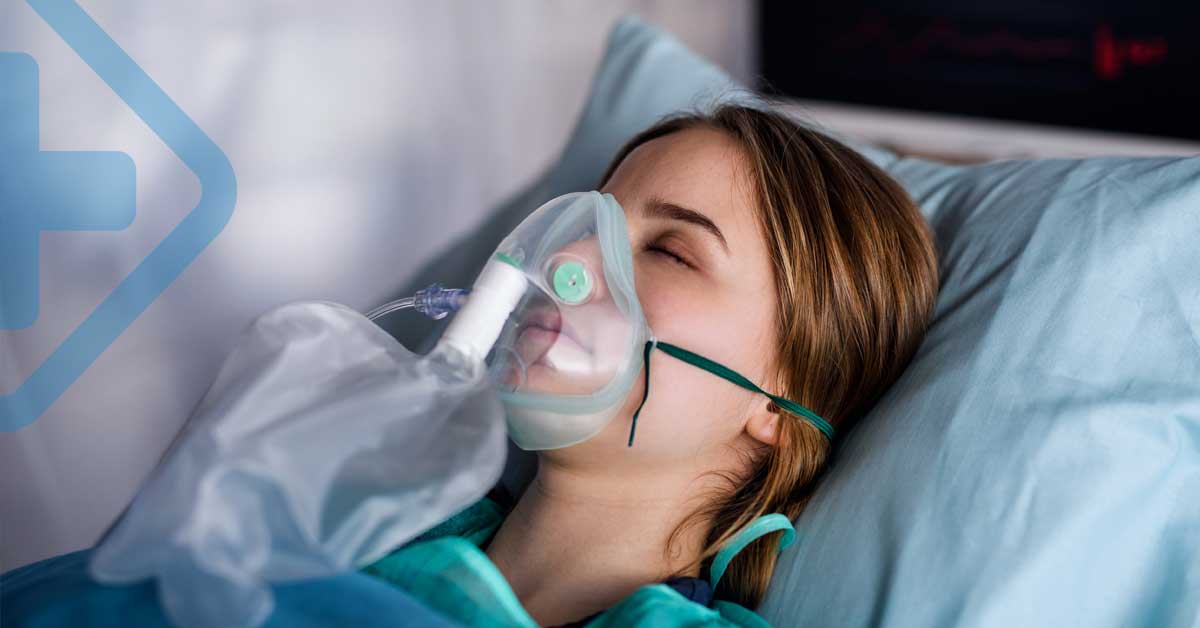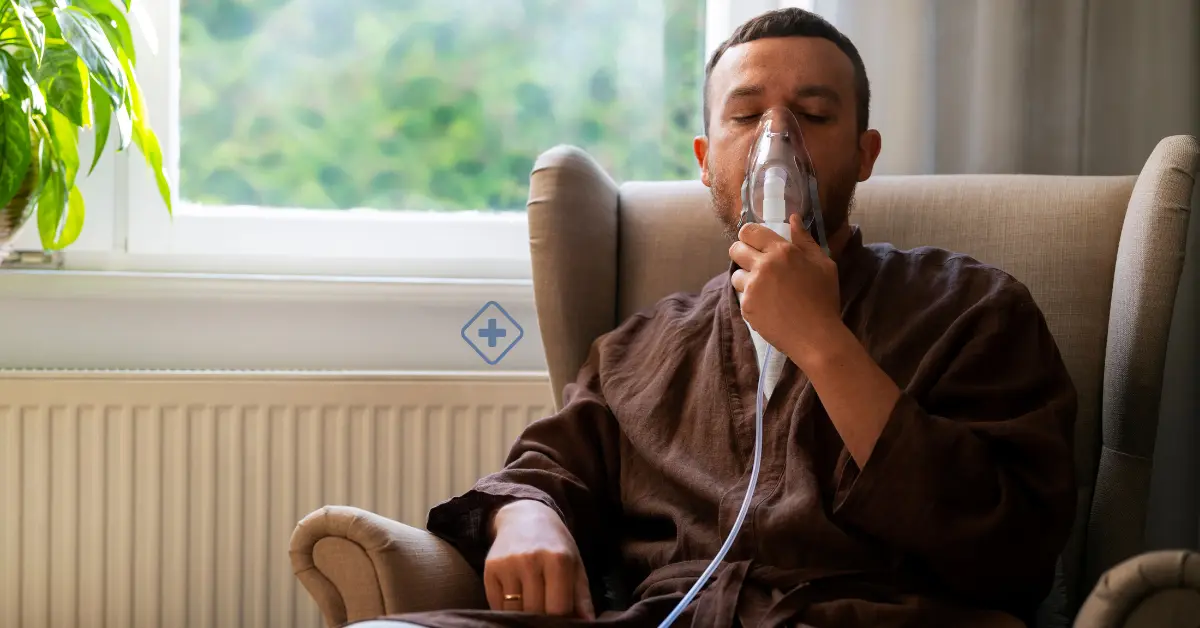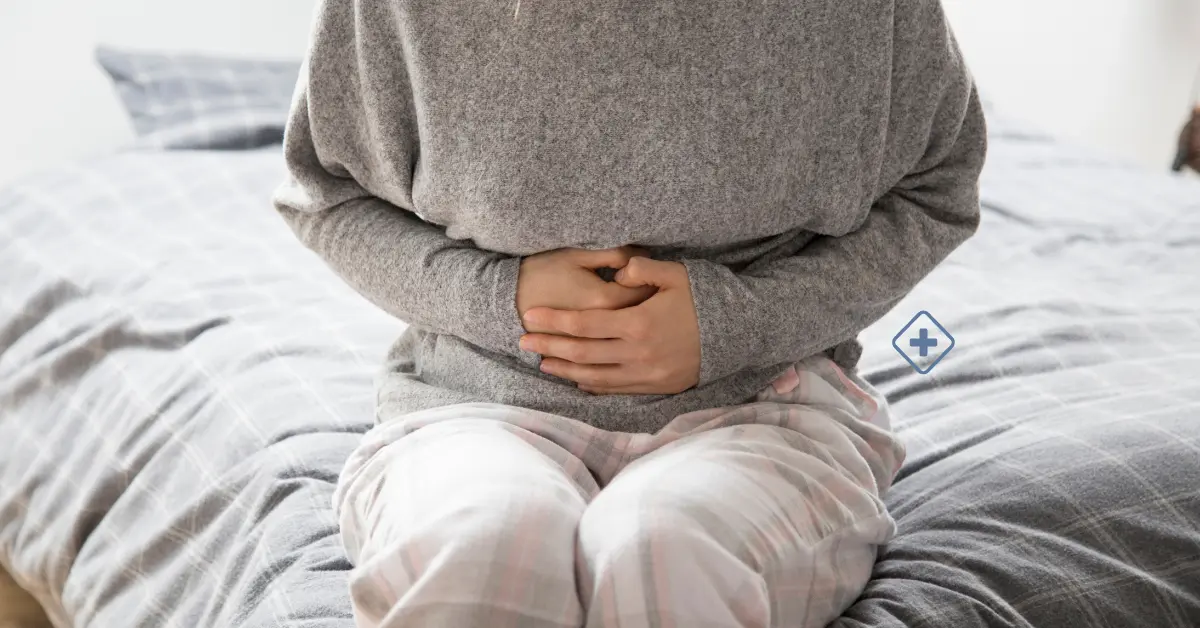
Pneumonia Symptoms and Similarities to COVID-19
Bacteria, viruses, and fungi can cause Pneumonia

Pneumonia is a type of infection that affects one or both lungs, causing air sacs to become inflamed and filled with fluid or pus. It can be caused by many possible factors such as bacteria, viruses, and fungi.
The severity of Pneumonia can vary from mild to severe and even life-threatening, especially in infants, older adults, and those with weak immune systems or underlying health problems.
Causes
The main agents that cause Pneumonia are bacteria and viruses; however, there are other less common factors as well.
-Pneumonia caused by bacteria is usually caused by the bacterium Streptococcus pneumonia
-Pneumonia caused by viruses is usually mild and usually results from the flu, rhinovirus, and influenza types A and B.
One form of transmission of Pneumonia is through coughing and sneezing, or by touching objects shared with a person with the infection.
-Pneumonia caused by fungi (Pneumocystis carinii) is found on the ground and in the soil (depending on the geographic location), or in the droppings of some birds. This cause of Pneumonia affects people with weak immune systems and chronic diseases the most.
-Suction pneumonia, this type is not contagious and results from a person breathing in food, fluid, vomit, or saliva that gets into their lungs.
Hospital-acquired Pneumonia sometimes occurs when a person is being treated for a different condition and has to be connected to a ventilator.
Symptoms
The symptoms of Pneumonia vary depending on the agent that caused the infection, as well as the severity of the infection. The most common symptoms may include
- High fever
- Shaking chills or sweat
- Difficulty breathing normally
- Cough that may produce green or yellow phlegm
- Chest pain that is worse when coughing
- Fatigue and shortness of breath
- Muscle and headache
- Nausea, vomiting, or diarrhea (especially in young children)
- Disorientation or confusion (especially in older adults)
If you or a family member has these symptoms and you suspect Pneumonia, do not hesitate to consult your doctor as soon as possible.

Diagnosis
The doctor will perform a physical exam, ask you some questions about your current health status, and your medical history. He or she will also order laboratory tests to diagnose or rule out Pneumonia.
Treatment varies depending on whether the Pneumonia is viral, or was caused by bacteria or fungus. Your doctor will know and prescribe exactly which antiviral, antibiotic, or another treatment is the most effective in fighting it.
Prevention
Preventing Pneumonia, like any disease, is much better than treating it, so there are currently vaccines to prevent some types of Pneumonia and flu.
In addition to vaccines, it is recommended:
- Wash your hands with soap or use an alcohol-based disinfectant frequently
- No smoking
- Adequate nutrition to keep the Immune System strong
- Cover your mouth and nose when you sneeze or cough
- Exercise regularly
- Get adequate rest
Why is Pneumonia similar to Coronavirus (COVID-19)?
Because the COVID-19 virus also causes severe inflammation in the lungs and the similarity of the symptoms of Pneumonia and Coronavirus have been factors in Pneumonia being confused with Coronavirus.
- Primary symptoms of Pneumonia: chills, cough, fever, difficulty in breathing.
- Primary symptoms of Coronavirus: Fever, tiredness, dry cough, sore throat and headache, difficulty in breathing.
Also, Pneumonia is one of the complications that can trigger some people infected with Coronavirus.
That is why it is essential that who should identify which condition is being treated are the doctors based on laboratory tests. If you have symptoms and suspect you have Coronavirus or Pneumonia, the most important thing is not to self-medicate and to consult a doctor. Due to the current situation of confinement caused by COVID-19, it is recommended that you make an initial consultation by phone so that an expert can assess your current situation and give you indications of what other steps to take.
If you are interested in learning more about the new Coronavirus, we recommend reading this article, which contains what you need to know about the simple and concrete virus.
And remember: Get tested!
Where can I get a test for COVID-19 in Los Cabos? Visit our link to find more information about it.
Why is COVID-19 testing important? COVID-19 testing is an important way to protect your family, your community, and yourself.
It will save lives!
Trending Topics
Coronavirus (COVID-19)
Trending Topics
Septoplasty
Septoplasty is a highly effective procedure for correcting a deviated septum
Ulcerative Colitis
Ulcerative colitis is an inflammatory bowel disease (IBD) that causes chronic inflammation.
Prostate-Specific Antigen (PSA)
The level of PSA in the blood can provide valuable information about prostate health.
Emphysema
Emphysema symptoms can be subtle at first but tend to worsen over time.
Health Library
Coronavirus (COVID-19)
- Do You Need an Appointment with a Specialist?
- call us
- write us
- let's talk










